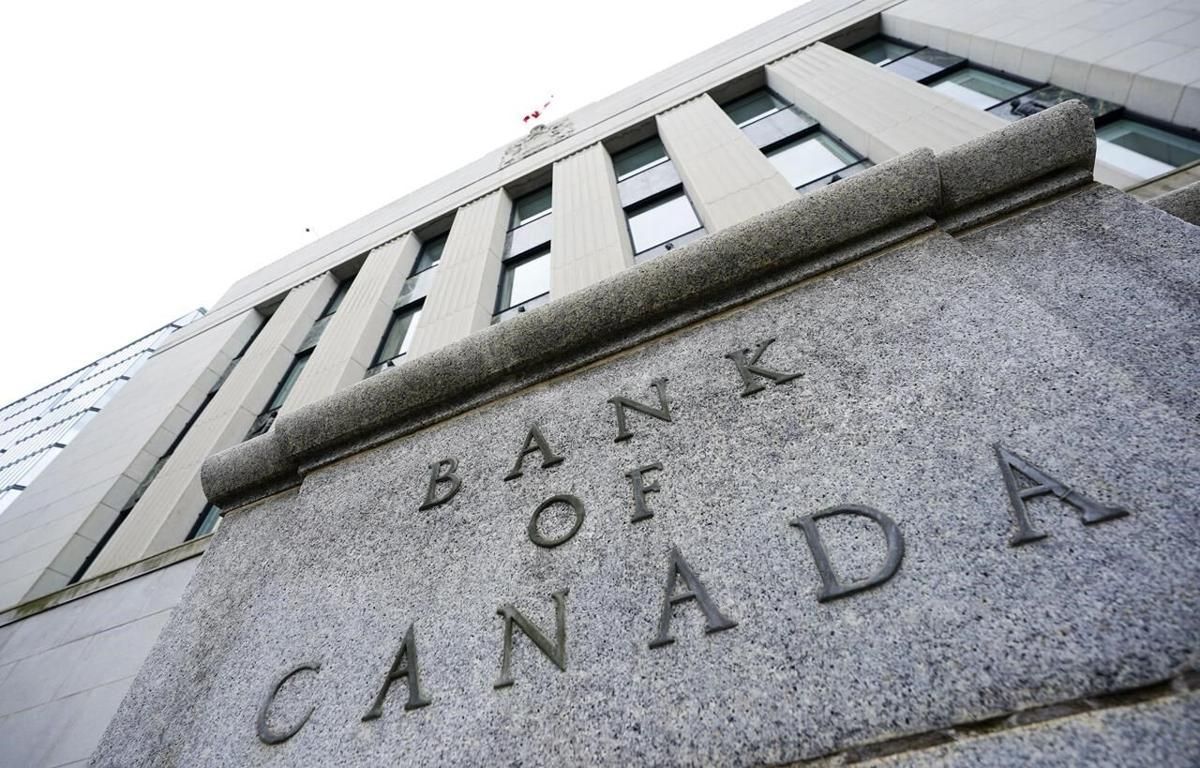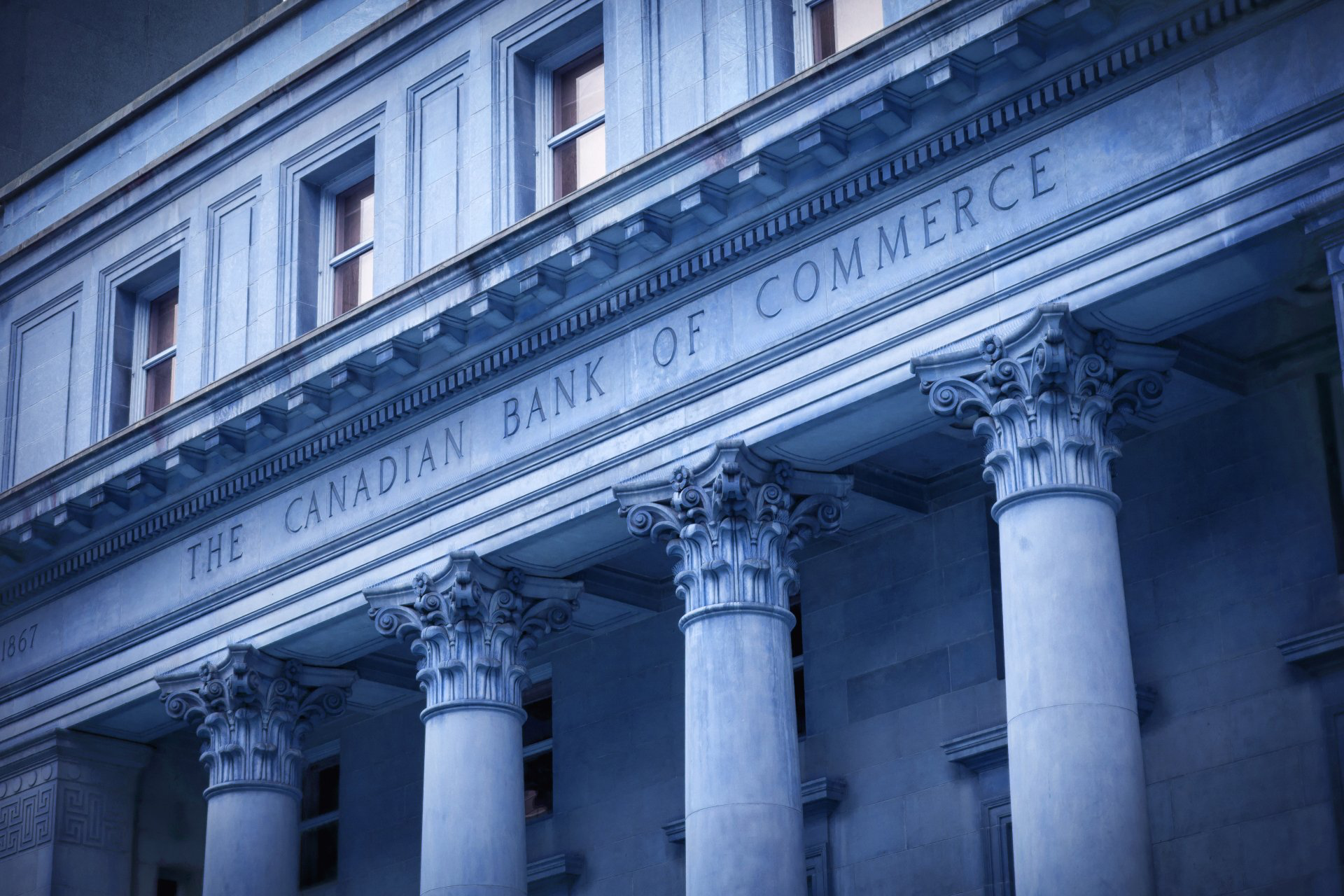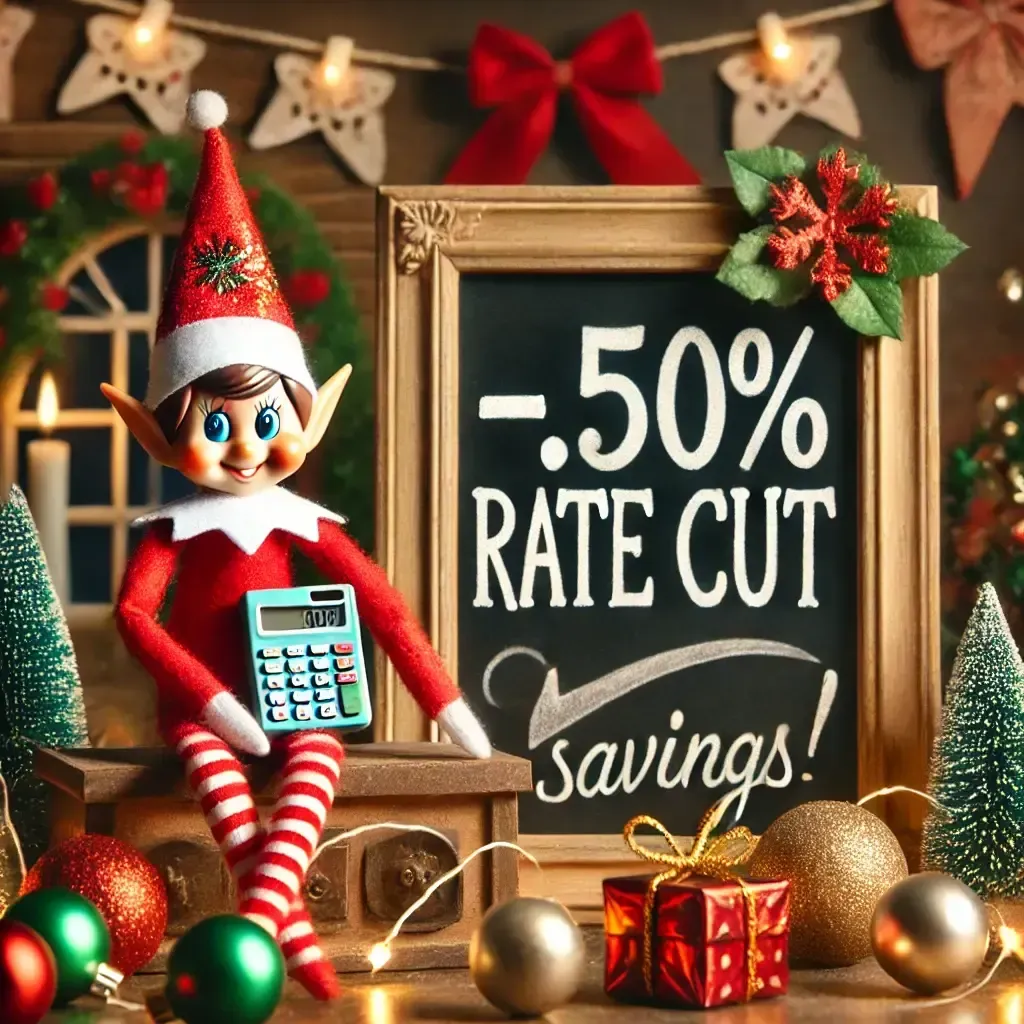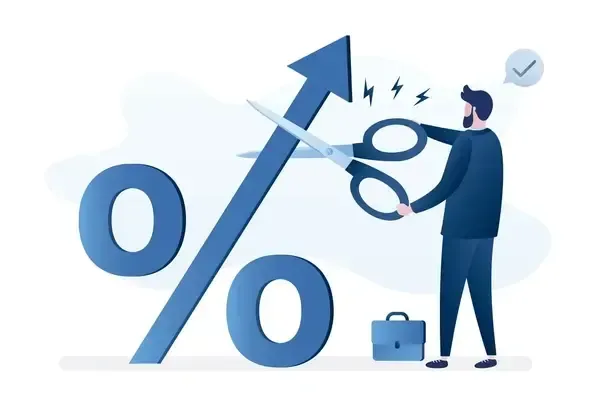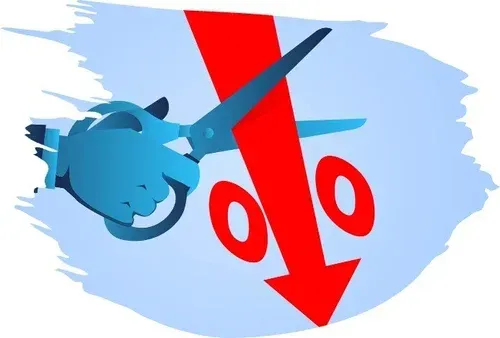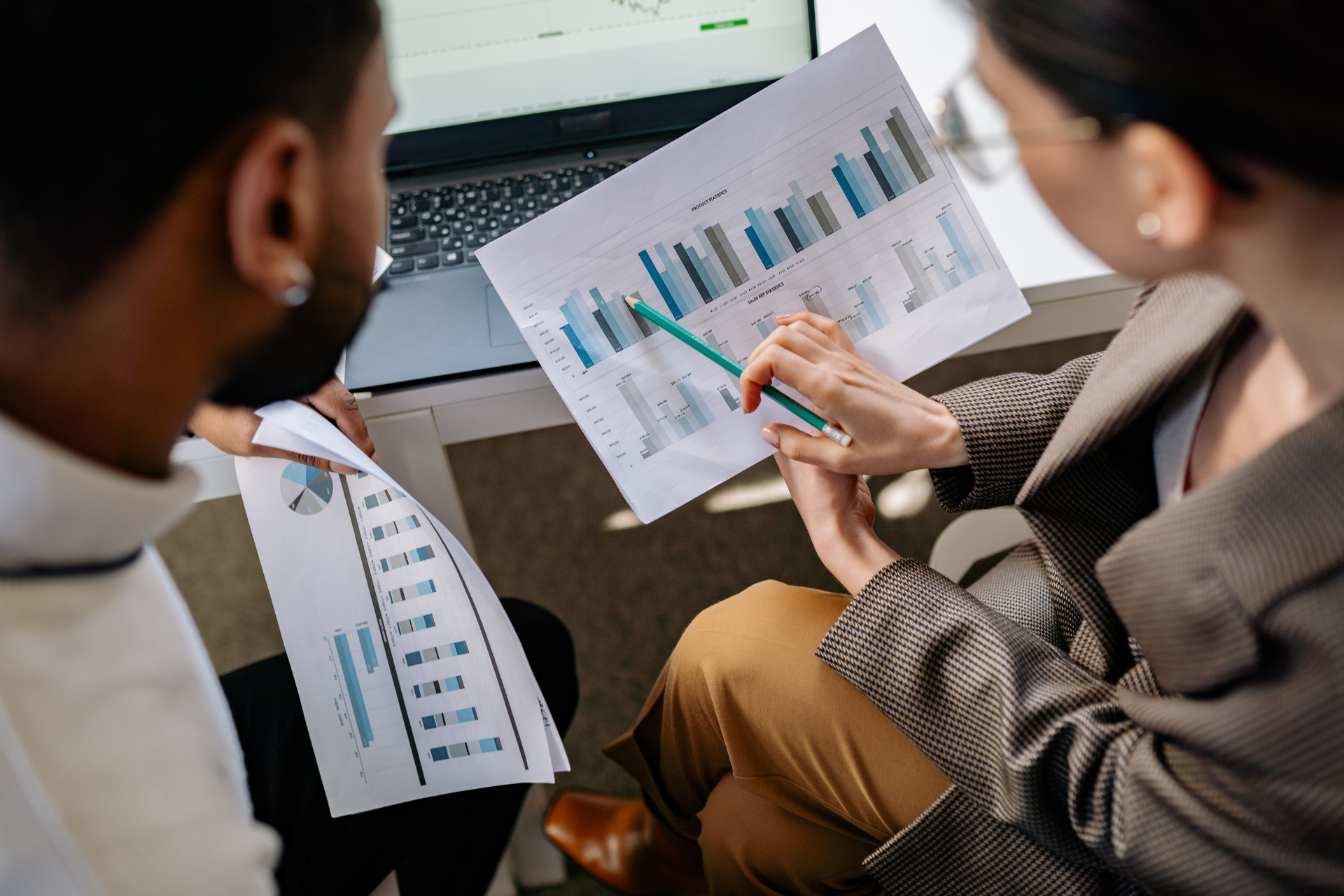3 Ways to Consolidate Consumer Debt
Finding ways to pay off credit card debt can be daunting and stressful, and often we don’t know where to start. Making your minimum payment month after month is not a good long-term strategy. This is where debt consolidation can be helpful. Debt consolidation is the act of paying off your credit card debt (or similar) by combining all debt under one single loan at the lowest interest rate possible. There are several ways this can be done, but here are our most effective recommendations for consolidating your pesky unwanted debt:
Take Out a Personal Loan
A personal loan is an unsecured loan with a fixed rate that helps you pay off your credit card faster. A fixed rate means that your monthly installments will always be the same, unlike credit cards that have variable rates that change over time. The goal of getting a personal loan is to obtain an interest rate that is lower than your credit card.
Taking out a personal loan is attractive to many people because it can improve your credit score as it is considered an installment loan, meaning you pay back the loan over time with a set number of scheduled payments. If these payments are made on time, it can improve your credit. It is important to note however, that to qualify for a personal loan you must have good credit (+680). Read here to find out how you can improve your credit score.
Get a 0% APR Credit Card
0% APR credit cards are a great way to consolidate debt as you will pay no interest for a specified period, typically anywhere from six months to two years. During this time, you will not get charged interest on new purchases, balance transfers, and depending on your card, both. The less interest you pay, the more you have to pay off your debts.
To qualify for a 0% APR credit card, you typically need a good to excellent credit score. If your credit score is poor to fair, you will have difficulties getting approved for a no interest credit card. If your credit score is lower but you still qualify, then the no-interest period will be shorter to reduce risk for the lender. If you fall into this category, it would be beneficial to consider other options for paying off debt such as a personal loan.
Tap Into Home Equity
Home equity is often the most valuable financial tool for homeowners. Your home equity is the current value of your home less what you owe on your mortgage. Home equity can be sourced to pay for other expenses such as home repairs, renovations, and paying off unsecured debt.
There are several ways you can tap into your home equity such as conventional mortgage refinancing, reverse mortgages, a home equity line of credit (HELOC), or a second mortgage. Read here for more information on 4 ways to access your home equity.
At the end of the day, the best way to consolidate debt will depend on several factors that are specific to your financial situation, like how much debt you have and your current credit score. To find the best and most effective way to consolidate your debt, contact one of our experienced team members today.


